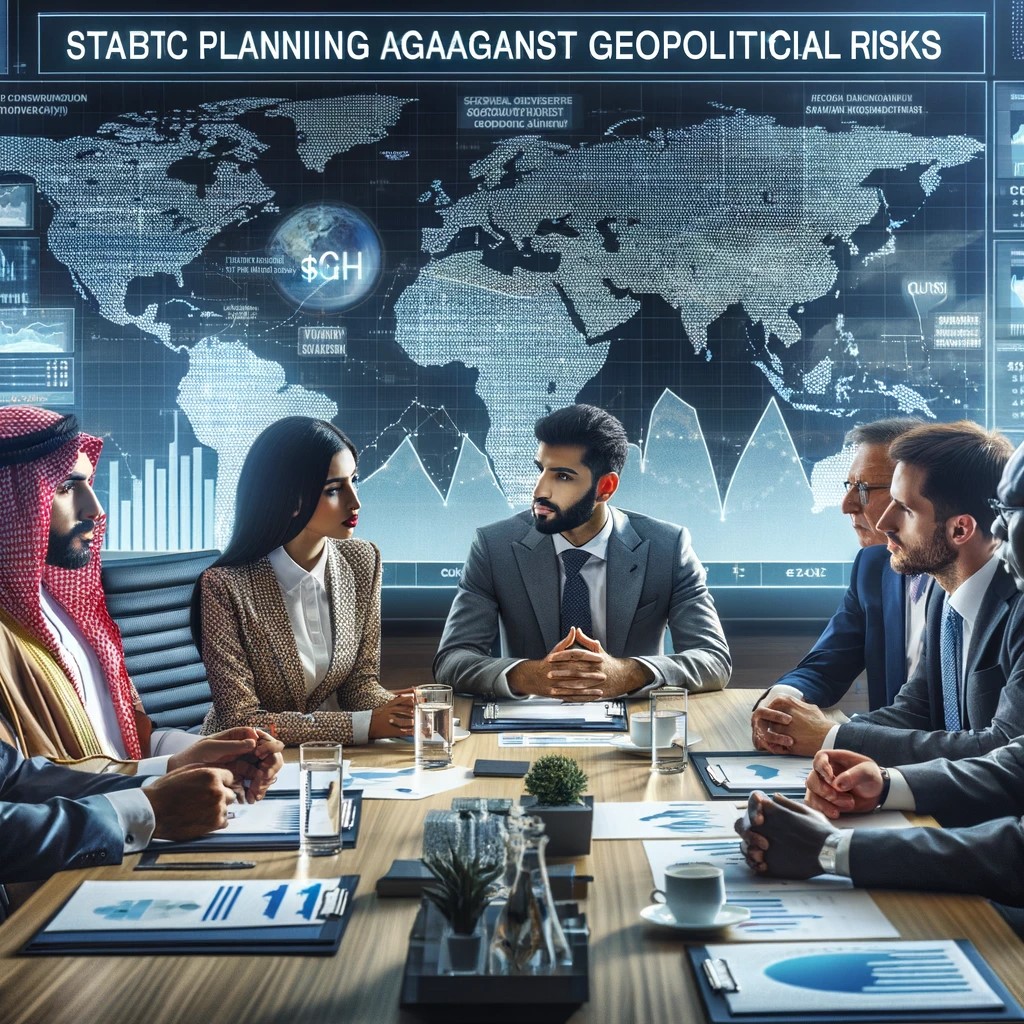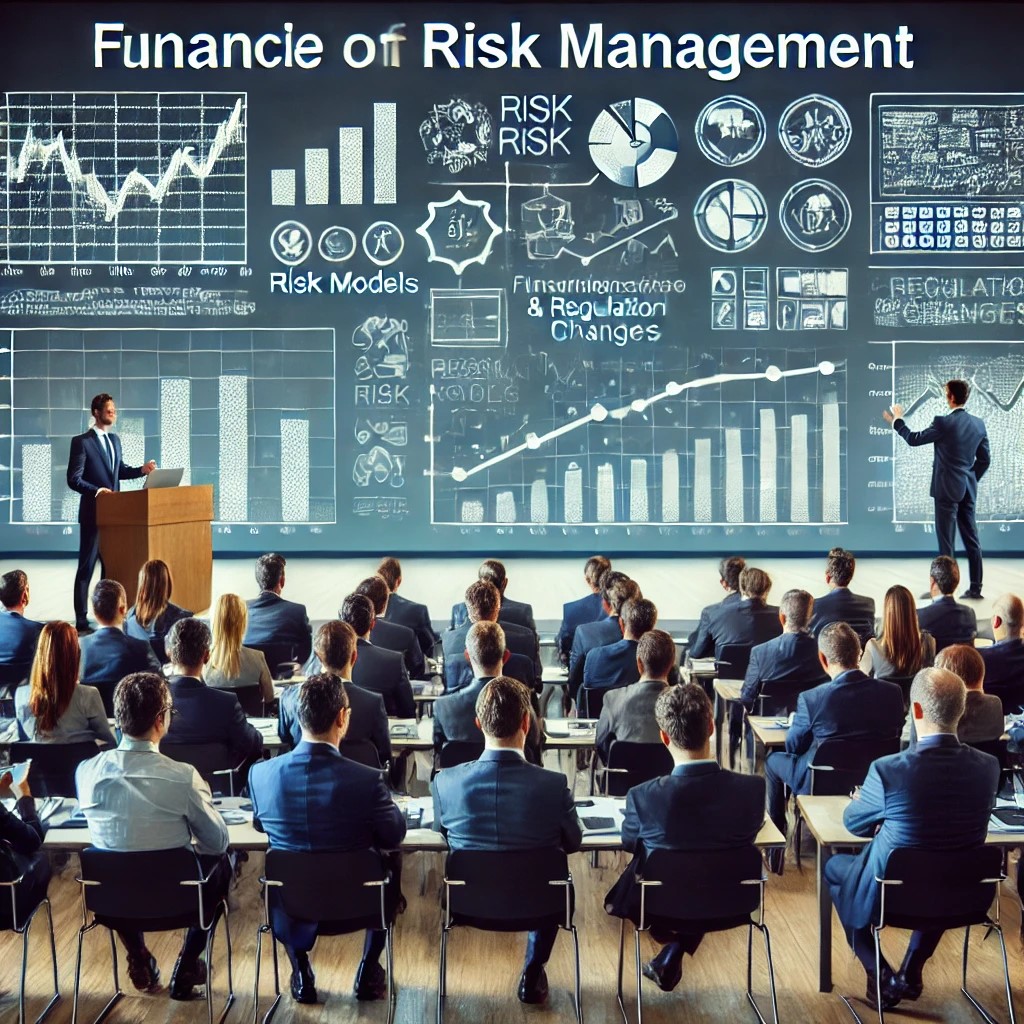In today’s global economy, geopolitical risks represent a significant factor influencing investment strategies. These risks can include political instability, economic sanctions, trade wars, and terrorism, which can affect national and global markets unpredictably. As investors navigate this volatile landscape, understanding the impact of these risks on investment decisions is crucial. This article explores current trends in managing geopolitical risks and offers insights into future investment strategies.

Current Trends in Managing Geopolitical Risks
Diversification: One of the primary strategies investors use to mitigate geopolitical risks is diversification. By spreading investments across various geographical regions and asset classes, investors can reduce their vulnerability to events in any single market. For example, when tensions rise in one part of the world, a well-diversified portfolio can rely on more stable investments in other regions to buffer against potential losses.
Dynamic Asset Allocation: Investors are increasingly adopting dynamic asset allocation strategies to respond quickly to geopolitical uncertainties. This approach involves adjusting the composition of an investment portfolio in response to changing economic indicators and political events. It allows investors to manage risk proactively rather than reactively, positioning their portfolios to capitalize on potential opportunities or mitigate losses.
Hedging Strategies: To protect against geopolitical risks, more investors are turning to hedging strategies. These might include using derivatives like options and futures to hedge against currency and market volatility. For instance, if an investor has significant exposure to emerging markets that might be affected by political unrest, they might use options to hedge against potential declines in those markets.

Future Predictions for Investment Strategies Amid Geopolitical Risks
Greater Emphasis on Sustainability and Ethics: As global attention shifts towards sustainability and ethical governance, geopolitical risks related to environmental, social, and governance (ESG) factors will become increasingly relevant. Investors will need to consider the geopolitical implications of climate change, human rights, and corporate governance more closely. Investments in sustainable and ethically governed enterprises are likely to be seen as lower risk.
Integration of Geopolitical Risk in Investment Decision Making: Investment firms are expected to integrate geopolitical risk assessment more deeply into their investment decision-making processes. This might involve dedicated teams that focus specifically on analyzing geopolitical trends and their potential impacts on investments, ensuring that these considerations are factored into every investment decision.

Collaboration Among Global Investors: As markets become more interconnected, global investors might collaborate more extensively to mitigate the impacts of geopolitical risks. Shared strategies and information could lead to more robust risk management practices that benefit the broader investment community.
Conclusion
Geopolitical risks are an integral part of investment strategy discussions, especially in an interconnected global economy. As these risks evolve, so too must the strategies investors use to manage them. The future will likely hold more sophisticated risk management tools, greater emphasis on sustainability, and an enhanced role for technology in predicting and mitigating the impacts of geopolitical changes. For investors, staying informed and adaptable will be key to navigating these complexities and capitalizing on opportunities in a rapidly changing world.





